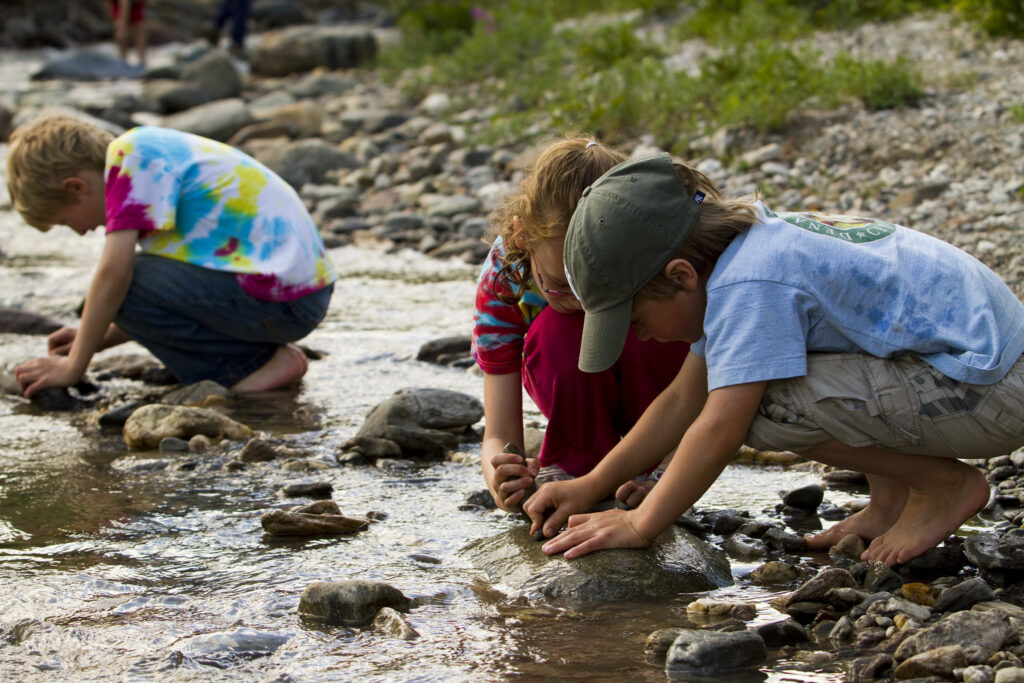The process of scientific discovery is not limited to professional scientists working in labs. You engage in scientific thinking every day and may not even realize it. The experience of deducing that your car won’t start because of a bad fuel pump, or of figuring out that the centipedes in your backyard prefer shady rocks shares fundamental similarities with classically scientific discoveries like working out DNA’s double helix. These activities all involve making observations and analyzing evidence — and they all provide the satisfaction of finding an answer that makes sense of all the facts. In fact, some psychologists argue that the way individual humans learn (especially as children) bears a lot of similarity to the progress of science: both children and scientists make observations, consider evidence, test ideas, and hold on to the ideas that work.

Take a sidetrip
To learn more about the analogy between the progress of science and human learning, take an advanced side trip to Baby’s first research.
Some scientific questions might seem complex (e.g., What chemical reactions allow cells to break the bonds in sugar molecules?), but they don’t have to be. You’ve probably posed many perfectly valid scientific questions yourself: how can airplanes fly, why do cakes rise in the oven, why do apples turn brown once they’re cut? You can discover the answers to many of these science questions in your local library or investigate them yourself. But many others have not yet been answered by science and could yet lead to astonishing new discoveries. There is a lot we have left to learn about how the world works. For example, we still don’t know much about how your brain remembers to buy milk at the grocery store. Plenty of everyday questions that might pique your curiosity are also the topic of ongoing scientific research.
- Taking a scientific outlook on life makes the world an interesting place — but on a more practical level, you can also use scientific knowledge and ways of thinking to make informed decisions. To learn more, visit Getting personal in our section on the applications of science.
- To learn about how others have gotten involved in science and how you can develop your own scientific outlook on the world, check out Think science.
You can help your students appreciate the excitement of scientific discoveries in many ways — for example, by discussing science news stories, new and compelling research, or the announcement of the Nobel prizes in science. Most importantly, you should model the excitement and curiosity for science that you want to inspire in your students. One way to do this is to take time to legitimately engage student questions about science topics, even if they stray somewhat from the designated content. After all, scientists do not limit their curiosity to topics narrowly defined by their previous work.
